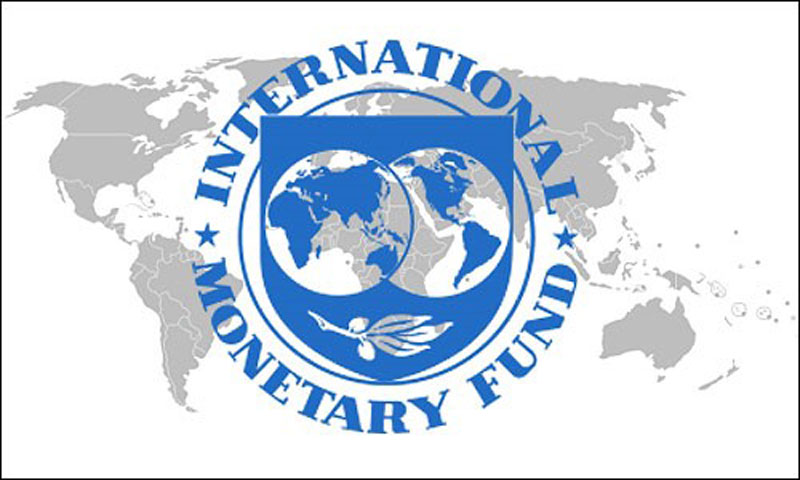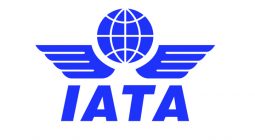Thailand’s economy is gradually recovering from the COVID-19-induced downturn with real GDP growth reaching 1.5 percent in 2021 and 2.2 percent (year-on-year) in Q1 2022.
This was stated in a press note of the International Monetary Fund (IMF) saying the team led by Ms. Corinne Deléchat IMF staff, held Consultation with Thailand between May 17 and June 10, 2022.
Multiple waves of the pandemic in 2021 prompted additional containment measures, hindering reopening efforts, and weighing on tourism and growth, stated in a report by Ms. Deléchat.
The authorities’ judicious use of ample economic buffers, combined with an accelerated vaccine rollout helped maintain economic stability and protect households, businesses, and the financial system during the pandemic. With over 75 percent of the population fully vaccinated, the government has gradually relaxed travel restrictions.”
“The recovery is expected to continue but the outlook is clouded by lingering effects from the pandemic and elevated global commodity prices. Growth is projected to reach about 3 per cent in 2022, driven by the recovery in both domestic and external demand, and to further strengthen toto 4.3 per cent in 2023. The recovery will likely be uneven with some hard-hit sectors such as tourism and transportation expected to recover at a slower pace, said the report.
Headline inflation is expected to average 6.1 percent in 2022 driven by high energy prices, well-above the Bank of Thailand’s upper target band of 3 percent.
The current accommodative monetary policy stance remains broadly appropriate given the supply-driven nature of inflation, well-anchored inflation expectations, and sizable economic slack.
Nevertheless, risks from elevated energy prices and pass-through of higher producer costs to consumers have materially increased and might call for an earlier start of normalization.
“Continued close monitoring of inflation developments is warranted, and the Bank of Thailand’s clear communication of a data-dependent normalization path is welcome. Exchange rate flexibility should be the first line of defense against volatile capital flows.
The fiscal consolidation envisaged in FY2022 is broadly appropriate in view of the extraordinary pandemic-induced fiscal expansion of FY2020-21.
“While IMF staff welcome the authorities’ plans to gradually phase out broad-based energy subsidies, targeted support to vulnerable groups.
For the medium term, the mission recommends a more gradual but growth-focused consolidation strategy through prioritization of spending towards productivity-enhancing investments in education, ICT, green-resilient infrastructure and expanded social protection coverage. Enhancing revenue mobilization would help finance priority spending while supporting efforts to rebuild policy buffers, it said.
The IMF also welcomed the Bank of Thailand’s work on strengthening risk analysis, including stress testing, and on expanding supervision to all relevant segments of the financial sector.
The IMF’s Executive Board is tentatively scheduled to discuss the this report in August 2022, said the IMF release.









